The world’s longest running string quartets
mainThe Fitzwilliam Quartet, one of the earliest champions of the Shostakovich cycle, will mark its 50th anniversary in March with one founder member, Alan George, still playing.
Founded by four Cambridge students, it may not hold a world record for string quartet longevity.
Still, we’d like to know of any other quartets still playing that have lasted longer, or thereabouts.
If you send us enough, we’ll publish a chart.
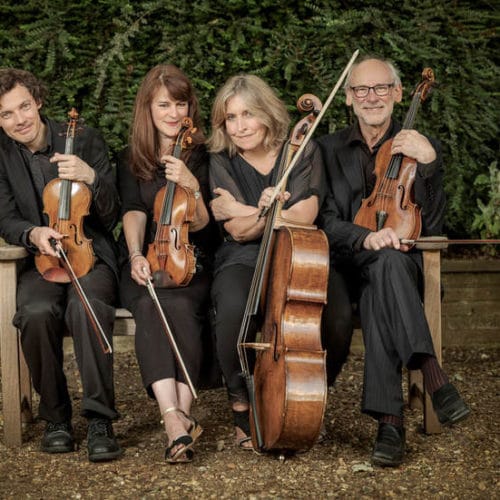
OK, here goes. * signifies no original members still playing
1808 Gewandhaus Quartet, Leipzig*
1912 Pro Arte Quartet, Brussels-Wisconsin*
1919 Zagreb Quartet*
1945 Borodin Quartet, Moscow*
1946 Fine Arts Quartet, Chicago*
1946 Juilliard Quartet, NY, 1946*
1947 Janacek Quartet, Brno*
1953 Allegri Quartet, London*
1964 Talich Quartet, Prague*
1969 Fitzwilliam Quartet, Cambridge
1969 Portland String Quartet

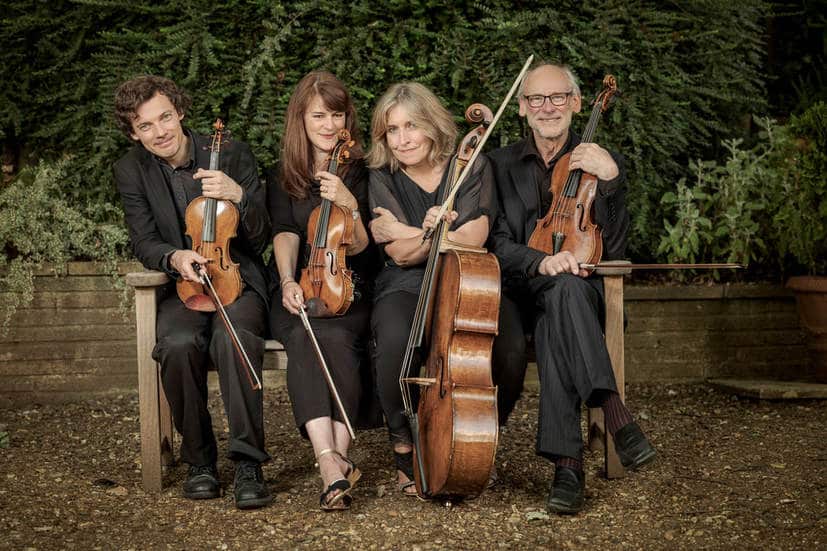
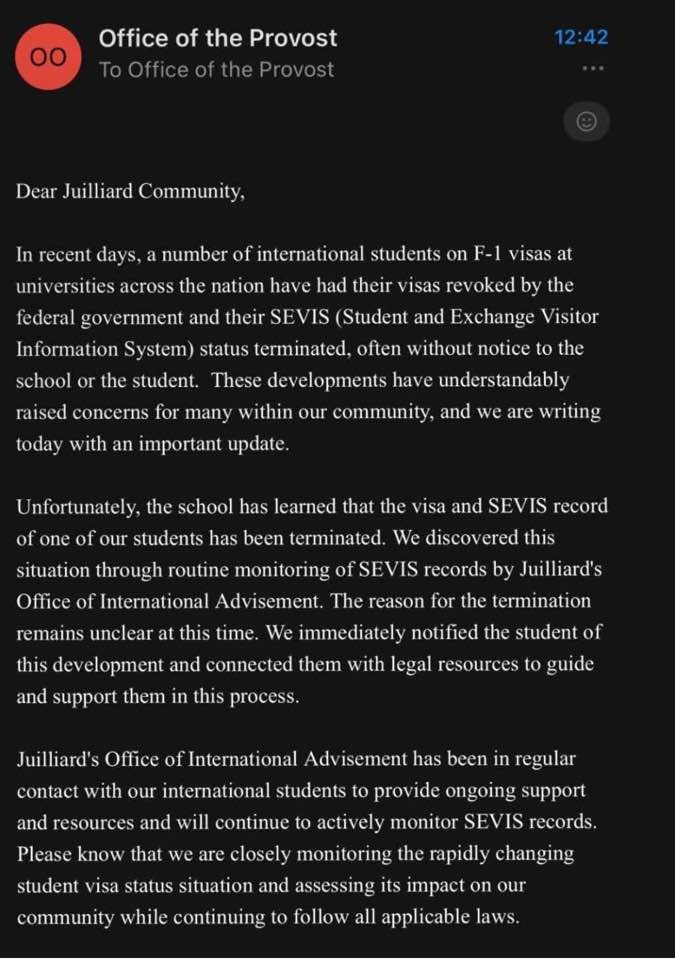
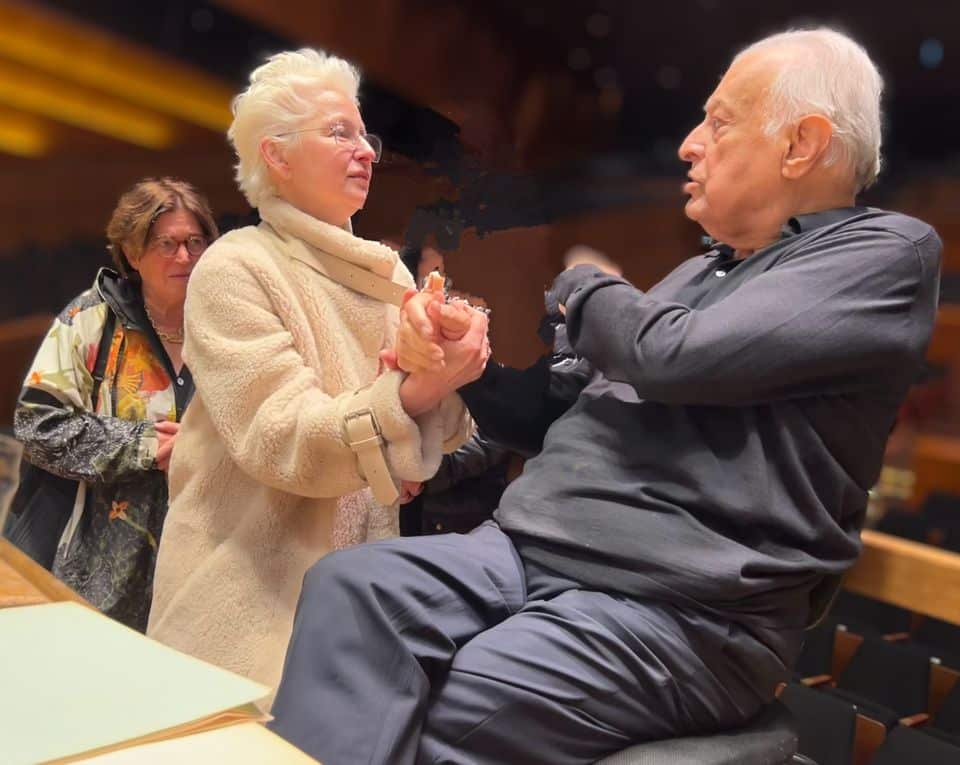

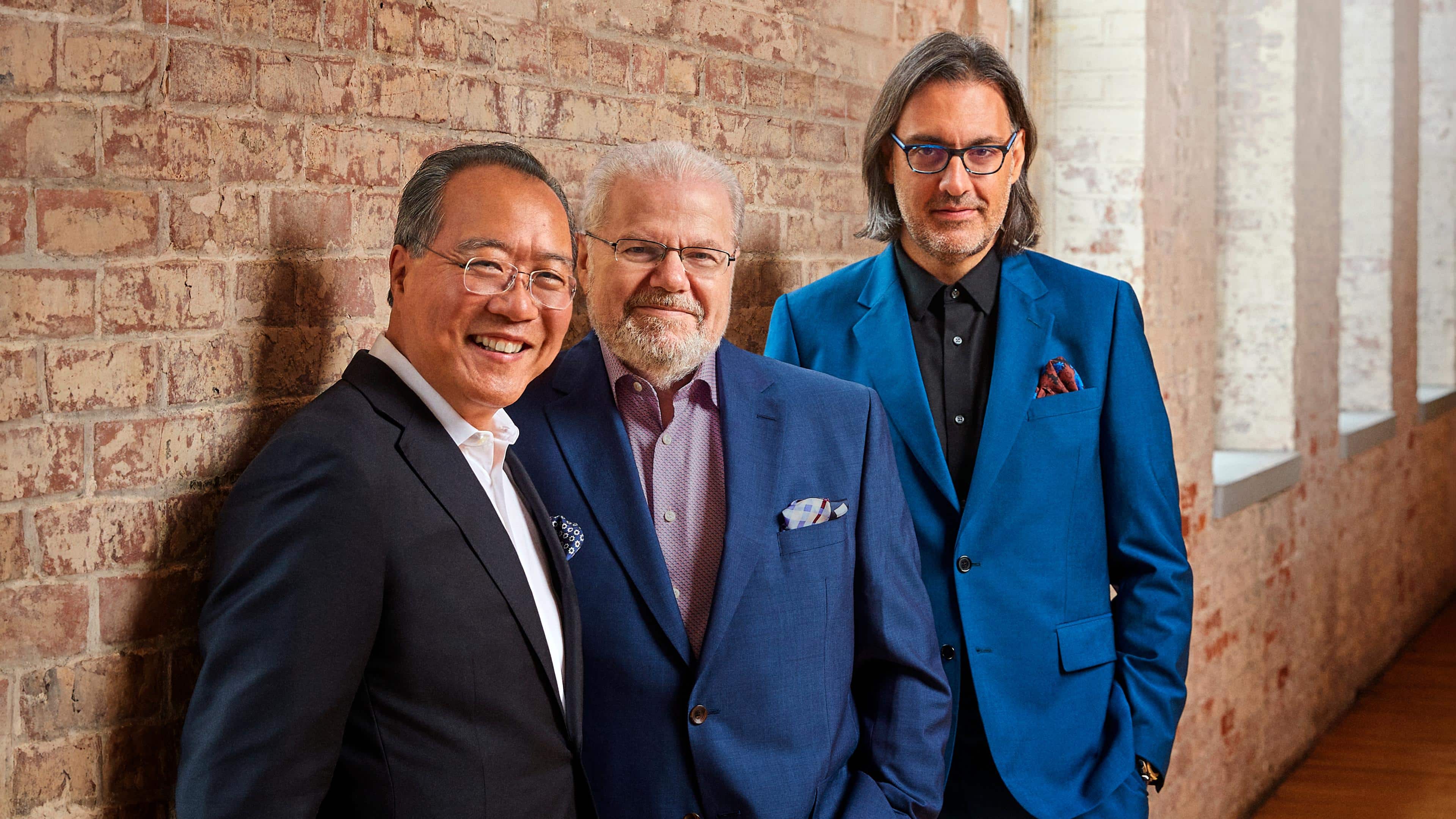
Comments